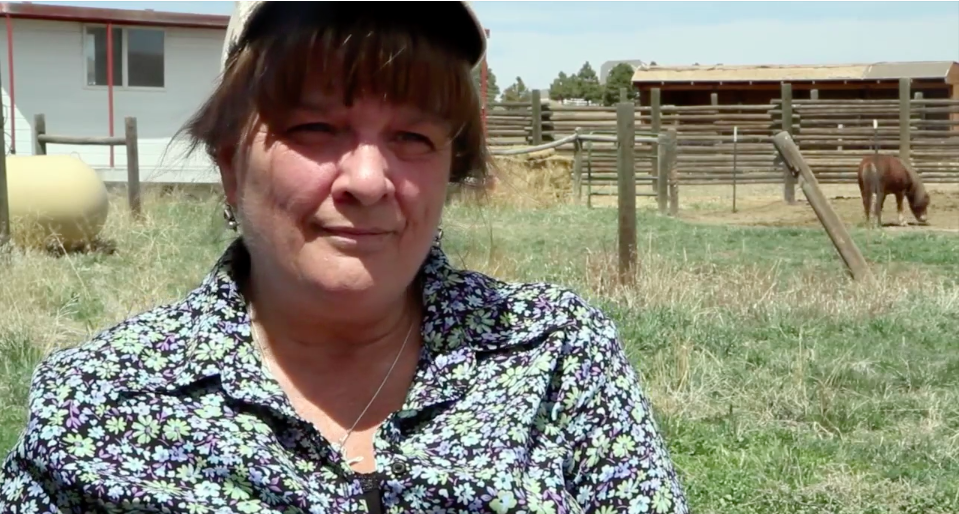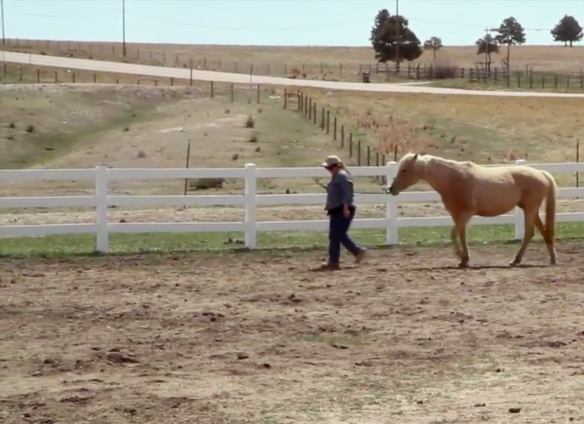By Mytam Mayo-Smith | Intern
3 Generations strives to provide safe platforms for women veterans to tell their stories, heal and inspire others to do the same. In 2013, we produced a short documentary about John Cash, an ex-veteran who created a successful therapy using horses to treat PTSD patients. One of the clients we interviewed was Shelley McNeill, a former U.S. army NCO who experienced assault whilst on active duty in Iraq. In her own words:
“I was built way up. I love life. I love the military. I was often the only woman NCO that ever went and it never really caused any problems, but eventually one night I was leaving a guest house and I was assaulted. And I just got up and walked away from it like nothing ever happened. And I began to notice there was something wrong with me.”
The US active-duty force is now comprised of 14.6% women, women who are not exempt from the issues affecting thousands of our returning servicemen: unemployment, homelessness, substance abuse, and PTSD. Yet two causes that increase the risk of homelessness for women veterans remain underspoken: their disadvantaged status as single mothers and their pervasive experience with Military Sexual Trauma (MST).
According to a 2008 Department of Veterans Affairs study, 48,000 women veterans have experienced MST, an experience of sexual assault that increases by ninefold the risk of PTSD: a significant factor which contributes to homelessness. The current way the military deals with claims of sexual assault only increases women soldiers’ vulnerability. Women sexual assault victims who are “discharged” lose their veteran benefits, leaving them in a precarious place.
At 3 Generations, we respect the sacrifices our veterans have made for our nation and recognize how many of our veterans deserve more than their current realities. Trump’s presidential campaign has promised to improve the wellbeing of our veterans by fighting bureaucratic corruption and improving access to both physical and mental health programs. He has also promised to take better care of our female veterans.
With a change in administration, we aim to keep a close eye on veterans’ issues and hold policymakers accountable for the promises that have been made. Moreover, by creating safe platforms for our women veterans to speak out and inspire, we hope to create more awareness on the prevalence of MST and improve the care given to our veterans.
Links:
Project reports on GlobalGiving are posted directly to globalgiving.org by Project Leaders as they are completed, generally every 3-4 months. To protect the integrity of these documents, GlobalGiving does not alter them; therefore you may find some language or formatting issues.
If you donate to this project or have donated to this project, you can receive an email when this project posts a report. You can also subscribe for reports without donating.

